First car? Worried about your car maintenance? You’re in the right place.
Maintaining your car is key to ensuring its longevity and safety. Don't worry if you're new to this – basic car care is simpler than it seems. With a few straightforward tips, you can keep your car running smoothly and avoid costly repairs down the road.
Let’s explore:
Understanding Your Vehicle

Understanding your vehicle is the first step towards effective maintenance. Every car comes with a manual that is often overlooked, but it's a treasure trove of information specifically tailored to your model. Inside, you'll find everything from service schedules to the ideal tire pressure. Familiarizing yourself with this manual helps you understand what your car needs and when it needs it, reducing the chances of unexpected breakdowns.
In addition to the manual, getting to know basic car terminology and parts is crucial. Learning terms like ‘transmission', ‘powertrain', and ‘alternator' might seem daunting at first, but it doesn’t take long to grasp the basics. Knowing these terms helps you understand your mechanic’s advice better, making you a more informed car owner.
Recognize the fundamental parts of your car – the engine, battery, brakes, and tires, for starters. Understand their roles and how they work together to keep your car moving. This knowledge doesn't just help with maintenance; it's also invaluable in emergency situations. For instance, being able to identify a flat tire or overheating engine can prevent further damage to your vehicle.
Regular Checks and Basic Maintenance
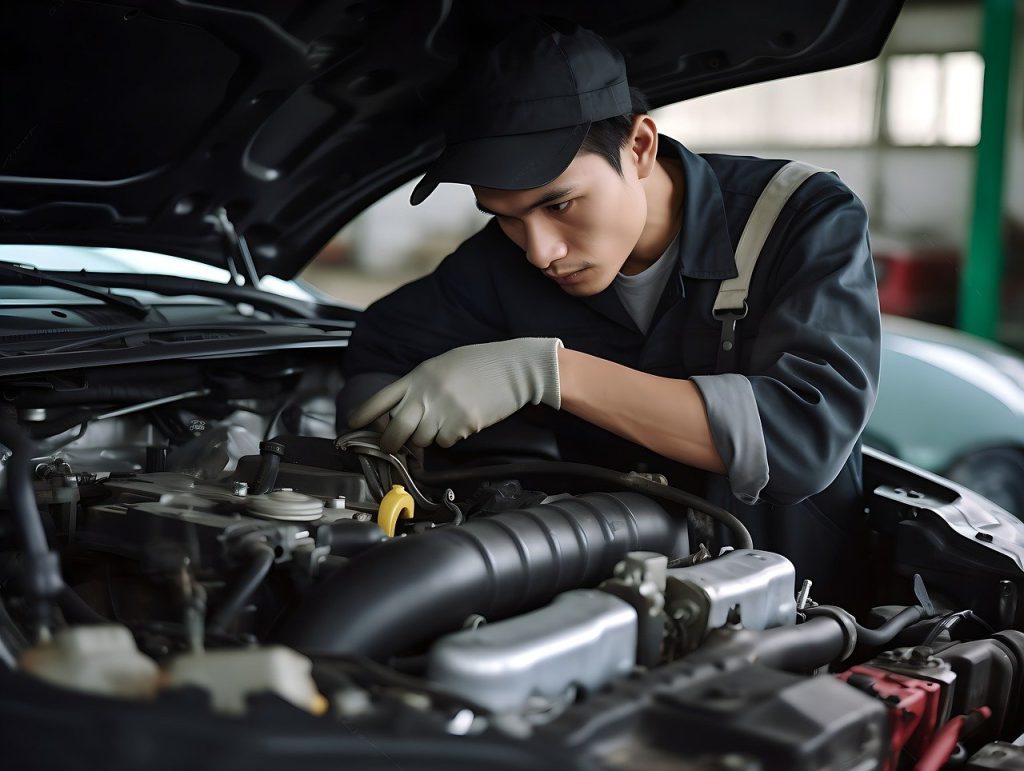
Checking and Changing Engine Oil
Engine oil is crucial for lubricating and protecting your car's engine. Check the oil level monthly using the dipstick; the oil should be between the marked indicators. If it's low, top it off. Also, observe the oil's color – it should be amber, not dark and gritty.
Most cars need an oil change every 5,000 to 7,500 miles, but always follow your manufacturer's recommendation. Regular oil changes keep your engine running smoothly and prevent long-term damage.
Monitoring Tire Pressure and Tread Depth
Proper tire maintenance is essential for safety and fuel efficiency. Check your tire pressure monthly using a tire gauge. Inflate them to the pressure recommended in your vehicle’s manual or the sticker inside the driver’s door.
Inspect the tread depth too; shallow treads reduce traction, especially in wet conditions. The penny test is a simple way to check: Insert a penny into the tread with Lincoln's head down. If you can see all of his head, it's time for new tires.
Checking and Refilling Essential Fluids
Various fluids are vital for your car’s health. Check the coolant level in the radiator to prevent overheating. Brake fluid ensures your car brakes function properly – low levels can indicate a leak or worn brake pads. Power steering fluid makes steering smoother.
Lastly, don’t forget the windshield washer fluid for clear visibility. Most of these fluids can be checked using marked gauges or reservoirs under the hood. Refill as necessary, but if you’re consistently losing fluid, consult a professional.
Replacing Windshield Wipers

Windshield wipers ensure clear visibility in rain and snow. If they leave streaks or make noises, they may need replacing. This is typically needed every six to twelve months.
Installing new wipers is simple and inexpensive, and it greatly improves driving safety in adverse weather conditions. Always choose wipers that fit your model for the best performance.
Car Battery Maintenance
To check your battery's health, start with a visual inspection. Look for signs of corrosion, cracks, or leaks on the battery itself. If you notice any, it’s time for a professional check-up. For a more detailed assessment, use a multimeter to measure the voltage. A healthy battery should read between 12.4 and 12.7 volts when the car is off. If it’s lower, the battery may need charging or replacing. Some auto shops offer free battery testing, which can give you a clear idea of its condition.
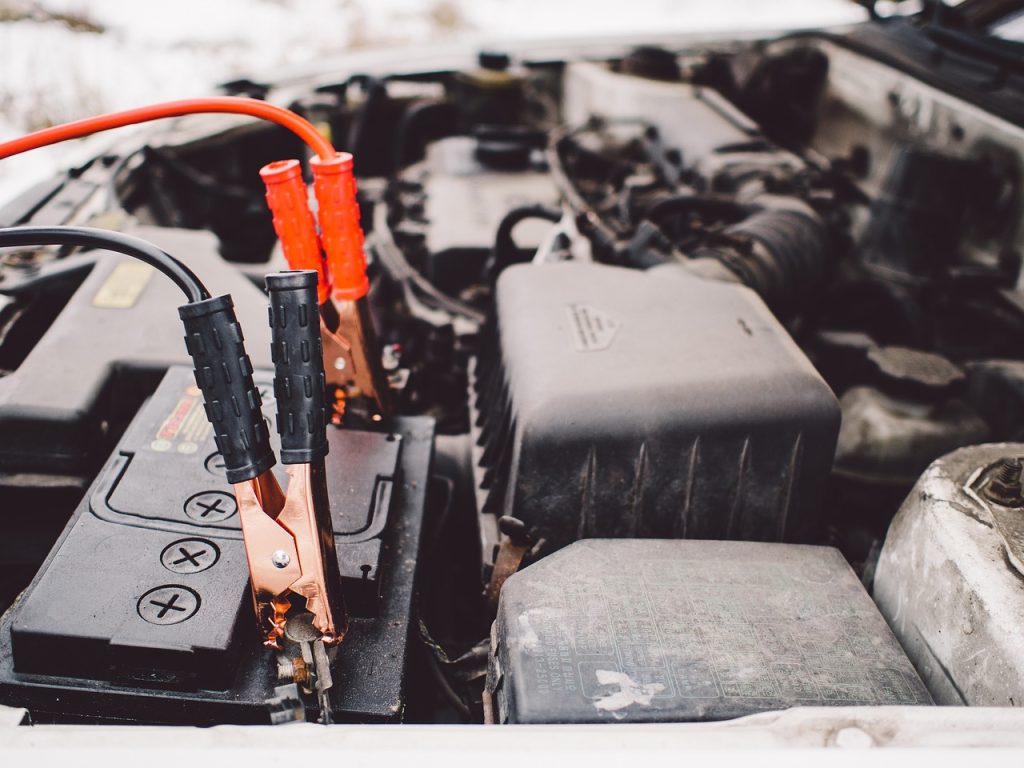
Tips for Extending Car Battery Life
- Keep it Clean: Regularly clean the battery terminals to prevent corrosion. A mixture of baking soda and water works well for this.
- Secure the Battery: Ensure the battery is fastened securely to minimize vibration, which can damage internal components.
- Limit Short Rides: Short trips don't allow the battery to fully charge, leading to a shortened lifespan.
- Avoid Draining: Try not to leave lights on or use electronics excessively when the engine is off, as this drains the battery.
- Regular Use: If the car isn't used regularly, consider a trickle charger to keep the battery charged.
- Check the Charging System: Regularly check the charging system to ensure the battery is being charged correctly while driving.
- Temperature Protection: In extreme temperatures, consider using an insulation blanket to protect the battery from heat or cold.
Car Brake Care
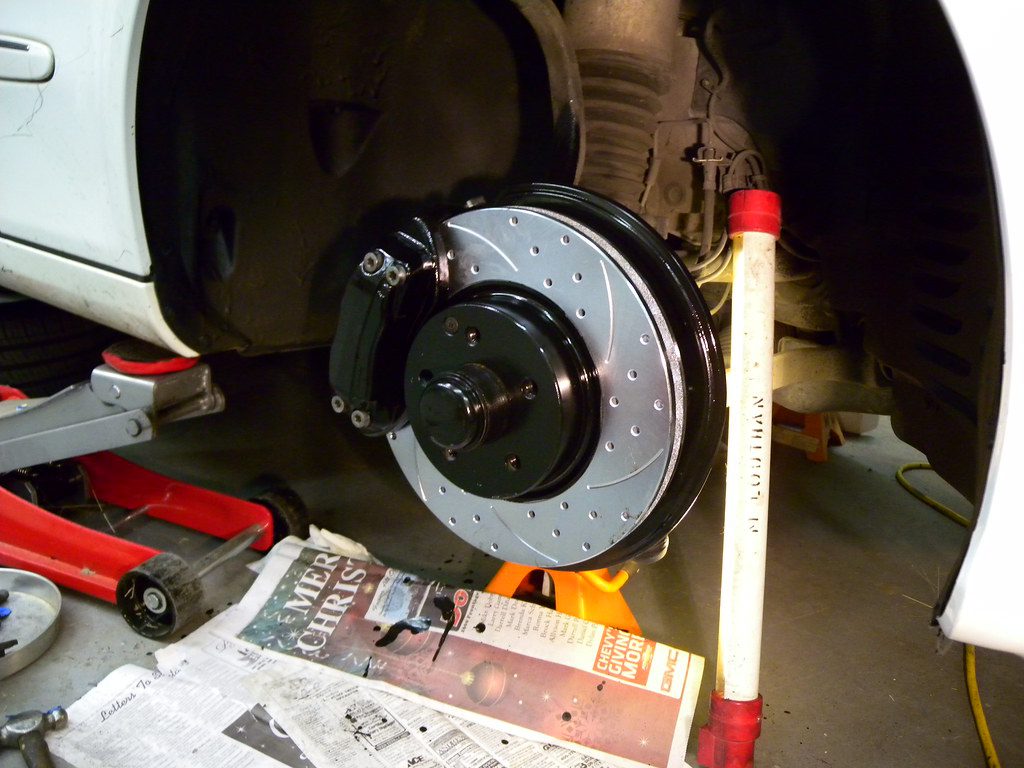
Brakes are among the most critical safety features in a car, and it’s essential to keep them in good working condition. Understanding the signs of brake wear and knowing when to seek professional help are key aspects of brake maintenance.
Signs of Car Brake Wear
- Unusual Noises: Squealing, grinding, or screeching noises when braking are common signs of worn brake pads or discs.
- Reduced Responsiveness: If the brakes feel less responsive or the pedal sinks towards the floor, it could indicate a leak in the braking system.
- Pulling: The car pulling to one side while braking suggests uneven wear or a malfunction in the brake system.
- Vibration: A vibrating or pulsating brake pedal often points to warped rotors.
- Warning Lights: Many modern cars have a brake warning light on the dashboard that indicates problems.
- Increased Stopping Distance: If it takes longer to stop than usual, this is a clear sign of brake wear.
Always consult a professional if you notice any signs of brake wear. Brakes are complex systems that require expertise for repairs and replacements. Additionally, if your brakes haven't been checked in a while, it’s a good idea to have them inspected at least once a year.
Regular professional inspections ensure that any issues are caught early, reducing the risk of brake failure and keeping you safe on the road. Remember, with brakes, it’s always better to be safe than sorry.
Car Engine and Air Filter Maintenance
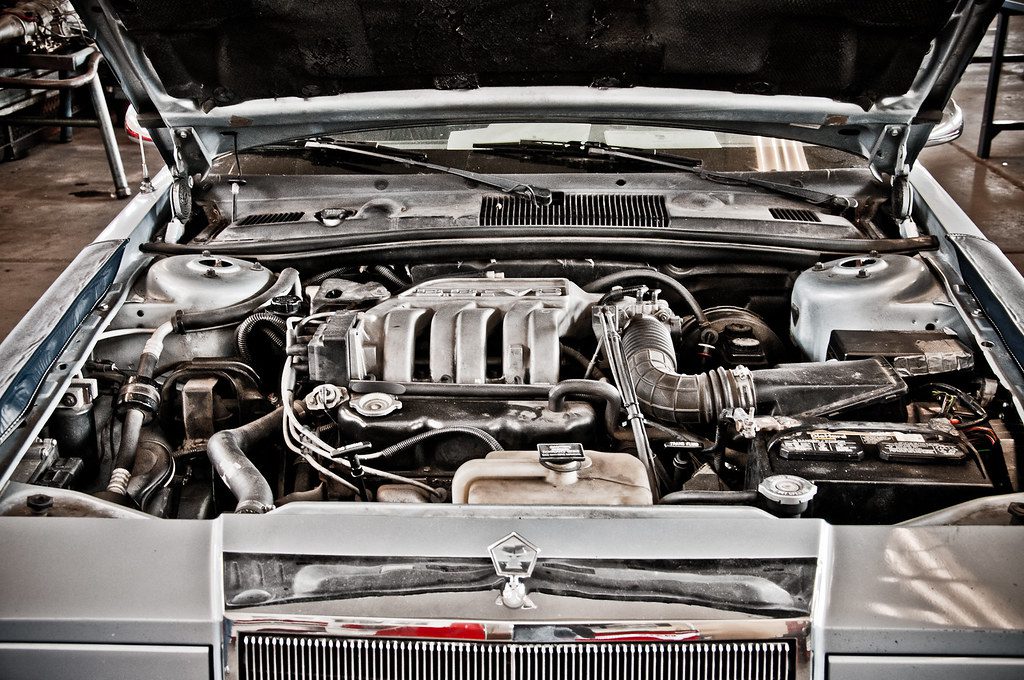
Proper maintenance of your engine and air filter is crucial for your car's performance and longevity. To check and replace the air filter, first locate the air filter box under the hood. It's typically a black, plastic box with metal clips on the side.
Open it and take out the air filter. Hold it up to the light; if you can't see light through it, it's time for a replacement. Most air filters are inexpensive and easy to swap out, and doing so can improve fuel system efficiency and engine performance.
Recognizing signs of engine trouble is key to preventing more significant issues:
- Unusual Noises: Knocking or rumbling sounds from the engine.
- Performance Issues: Reduced power or stalling during operation.
- Check Engine Light: The appearance of the check engine light on your dashboard.
- Excessive Smoke: Excessive exhaust smoke, which can indicate oil burning.
- Leaks: Oil or fluid leaks under the car.
If you notice any of these signs, it's advisable to consult a professional mechanic. Timely attention to engine issues can save you from costly repairs down the line.
Keeping Your Car Clean
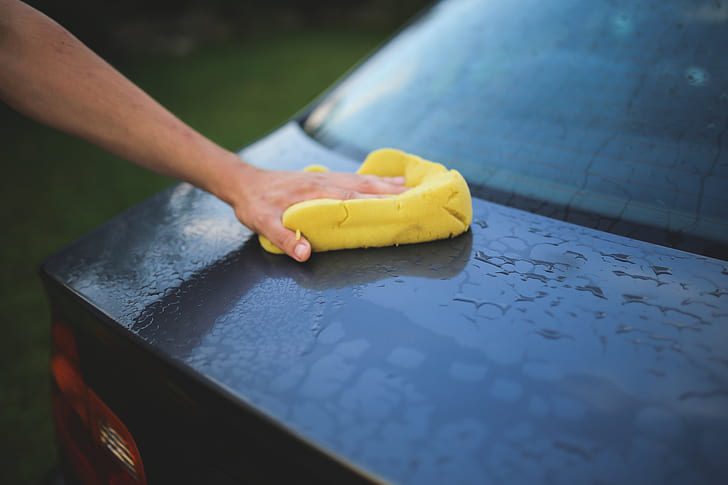
Regular cleaning of your car is not just about aesthetics; it's crucial for its longevity and performance. Dirt and grime can lead to rust and deterioration of both the exterior and interior components.
Exterior Cleaning Tips
- Wash Regularly: Regular washing prevents buildup of harmful substances like bird droppings and salt.
- Use the Right Soap: Always use a car-specific wash soap, as household cleaners can damage the paint.
- Waxing: Applying a quality wax twice a year protects the paint and keeps the car looking shiny.
Interior Cleaning Tips
- Vacuum Regularly: Regular vacuuming of the seats and floors prevents dirt accumulation and fabric wear.
- Clean Spills Immediately: This prevents stains and odors.
- Dashboard Care: Use a microfiber cloth and a mild cleaner to keep the dashboard dust-free.
Preparing for Seasonal Changes
Winterizing Your Car
- Ensure adequate antifreeze in the coolant to prevent freezing.
- Check the battery, as cold weather reduces its power.
- Use winter tires for better traction and regularly check tire pressure.
- Replace with heavy-duty windshield wipers and use freeze-resistant wiper fluid.
- Keep an emergency kit with essentials like blankets and a shovel.
Preparing for Summer Heat
- Check the cooling system to prevent overheating.
- Ensure the air conditioning is functioning efficiently.
- Monitor and adjust tire pressure as heat can cause increases.
- Regularly top off fluids, which deplete quicker in hot conditions.
- Protect the interior with sunshades against UV damage.
Final Words
Regular vehicle maintenance is essential for ensuring safety and prolonging your car's lifespan. By following these simple tips, you can keep your car running smoothly and efficiently. Remember, taking care of your vehicle not only protects your investment but also ensures a safer driving experience for you and your loved ones.




